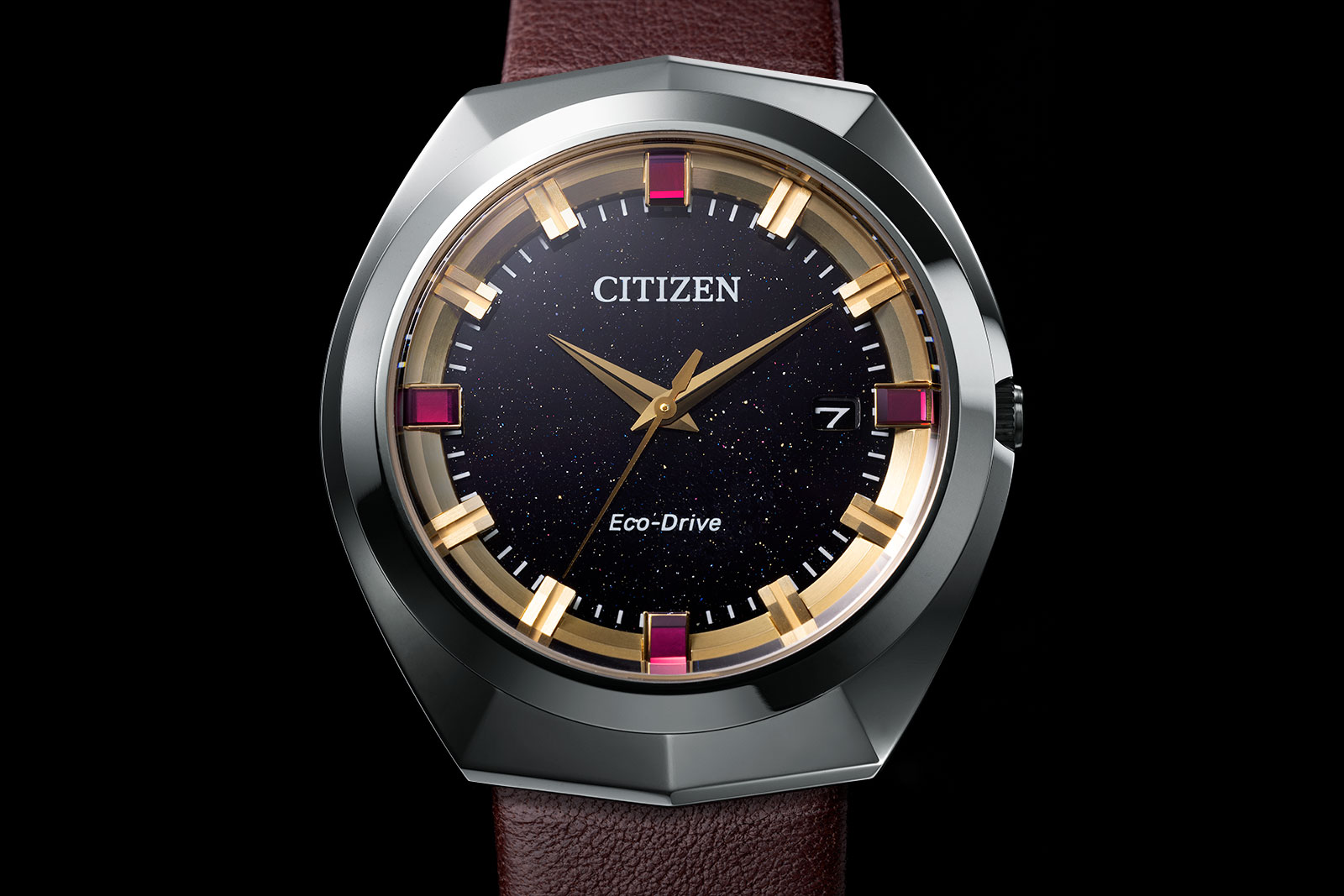Citizen Freee Press - Voices That Matter
When we talk about the idea of a free press, it is that, we often picture big news organizations or seasoned reporters. Yet, there's another kind of voice, a powerful one, emerging from everyday people. This is the heart of what some call "citizen freee press," a place where individual perspectives and direct accounts come to light, quite literally, from anyone with something to share. It's a shift in how information moves, making it less about formal institutions and more about shared experiences and observations.
This idea, in some respects, connects deeply with what it means to be a "citizen" in the first place. My text reminds us that a citizen is more than just someone processed by a government; it's someone with a place, with certain connections to a community. A denizen, on the other hand, is simply present, without necessarily having those deeper ties. The distinction matters because a "citizen freee press" relies on people who feel a real connection to their surroundings and a desire to contribute to the common good, not just observe from a distance. This connection, you know, encourages a different kind of reporting, one that springs from personal involvement.
So, the very essence of "citizen freee press" hinges on this active involvement, this sense of belonging that goes beyond just living somewhere. It's about people stepping forward, using their own tools and platforms to share what they see, hear, and experience. This kind of direct reporting, often unfiltered, gives us, you know, a different view of things, sometimes one that established media might miss or not prioritize. It's a very real expression of civic participation in our modern world, allowing many different points of view to come forward.
Table of Contents
- What Makes Someone a Citizen in Citizen Freee Press?
- How Do Civic Rights Connect with Citizen Freee Press?
- Are All Residents Equal in Citizen Freee Press?
- The Spirit of a Citizen Freee Press - Why It Matters
- Understanding Identity and Citizen Freee Press
- What About the Kept Citizen and Citizen Freee Press?
- Why is Independent Expression Vital for Citizen Freee Press?
- How Do We Think About Terms in Citizen Freee Press?
What Makes Someone a Citizen in Citizen Freee Press?
To be a citizen, my text tells us, means more than just having a government stamp of approval. It suggests a deeper connection, a membership, almost. For "citizen freee press," this means someone who feels a part of the community they report on. It’s not just about being physically present; it's about having a vested interest, a stake in the goings-on. Someone living in a city, perhaps, who sees something happening and feels a need to share that information, that's a citizen acting within a "citizen freee press" framework. They're not just passing through; they're truly invested in the welfare of the place and its people. This personal investment makes their contributions, you know, particularly meaningful.
This idea of being a member, as a matter of fact, really changes how we look at who gets to share information. If you're a citizen, you might feel a stronger sense of duty to speak up, to inform others about what's happening around you. This is different from someone who might just observe without feeling that personal connection or responsibility. The very nature of citizen reporting, therefore, draws on this sense of belonging and participation, making the information shared feel more personal and often more immediate. It’s about people taking on the role of informing their peers, adding their unique voice to the general conversation. The individual's lived experience becomes a source of public knowledge, which is, actually, a powerful thing.
How do civic rights connect with citizen freee press?
My text mentions "civic rights" and how they might have limited use when thinking about an individual citizen. It also points out that "civil rights" and "civic rights" are not the same thing. So, how does this fit with "citizen freee press"? Well, civic rights are often about the privileges tied to being a full member of a community, like voting. When we talk about "citizen freee press," we're touching on a fundamental aspect of civic life: the ability to speak freely and contribute to public discussion. This freedom, in a way, allows individuals to exercise a kind of civic right to inform and be informed, even if it's not a formal, legal "civic right" in the narrowest sense. It’s about the spirit of participation, you know, rather than just the strict legal definition.
The ability to share information, to offer your view on events, is very much a part of an active community life. It's about participating in the wider conversation, you know, that shapes how a community understands itself. While the specific legal term "civic rights" might be limited, the spirit of those rights – participation, voice, community involvement – is absolutely central to the idea of "citizen freee press." It's about individuals feeling empowered to use their voice for the common good, adding to the collective understanding of events. This independent sharing of information, in some respects, strengthens the fabric of a community

Citizen CB5004-59W Eco-Drive PCAT Promaster Radio Controlled Green Dial

Hands-On: Citizen Promaster "Challenge" Diver 200m

Citizen Introduces the Eco-Drive 365 | SJX Watches